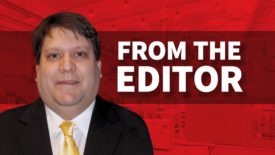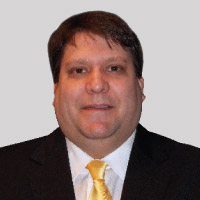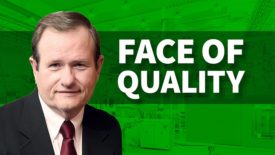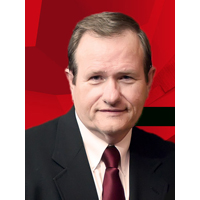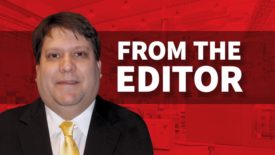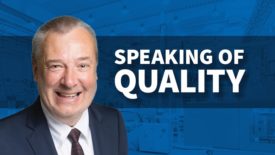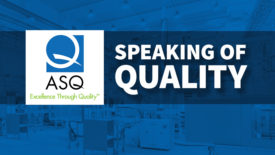Home » column
Articles Tagged with ''column''
From the Editor | Darryl Seland
What would you give up now for something potentially greater in the future?
Read More
Speaking of Quality | Tash Baksh
Common Pushbacks that Quality Professionals Hear
These situations are going to keep coming. Here's how to deal with them.
February 20, 2023
From the Editor | Darryl Seland
Roko’s Basilisk: The Scariest Thought Experiment Ever
November 17, 2022
Speaking of Quality | Jim Spichiger
Job 1 and Job 2
Job 2 is what we do - when we have or make the time - to improve job 1.
October 15, 2022
Face of Quality | Jim L. Smith
Dissatisfied Customers: A Few Principles to Deal With Unhappy Customers
September 15, 2022
From the Editor | Darryl Seland
Rube Goldberg: The Elaborate to Solve the Simple
September 15, 2022
Speaking of Quality | Therese Steiner
ASQ Committed to Safe and Inclusive Environment
ASQ is where I belong
August 15, 2022
Face of Quality | Jim L. Smith
Tips for Success, Part 2
Focus on the important actions to improve performance.
August 15, 2022
Stay in the know with Quality’s comprehensive coverage of
the manufacturing and metrology industries.
eNewsletter | Website | eMagazine
JOIN TODAY!Copyright ©2025. All Rights Reserved BNP Media.
Design, CMS, Hosting & Web Development :: ePublishing
